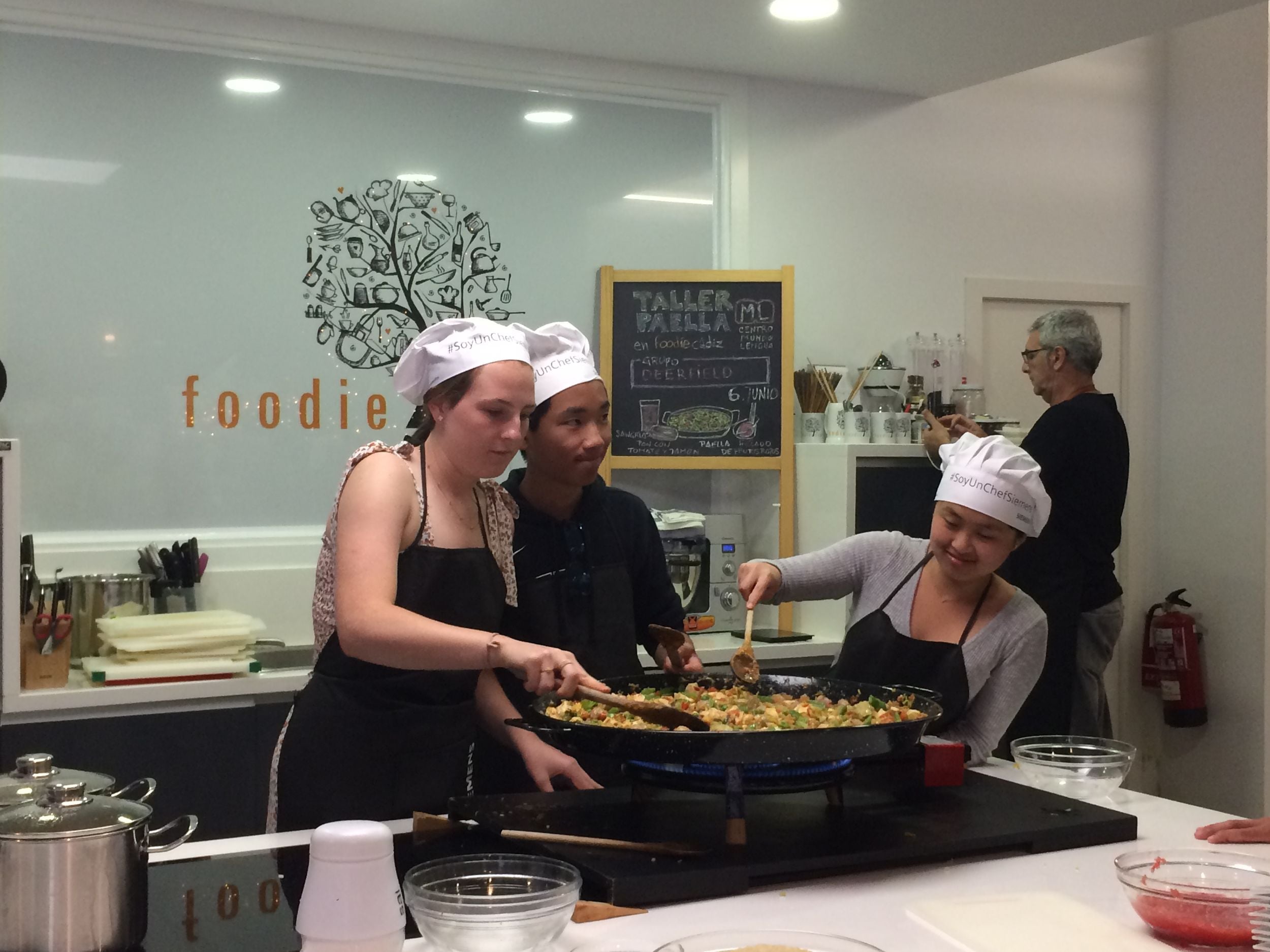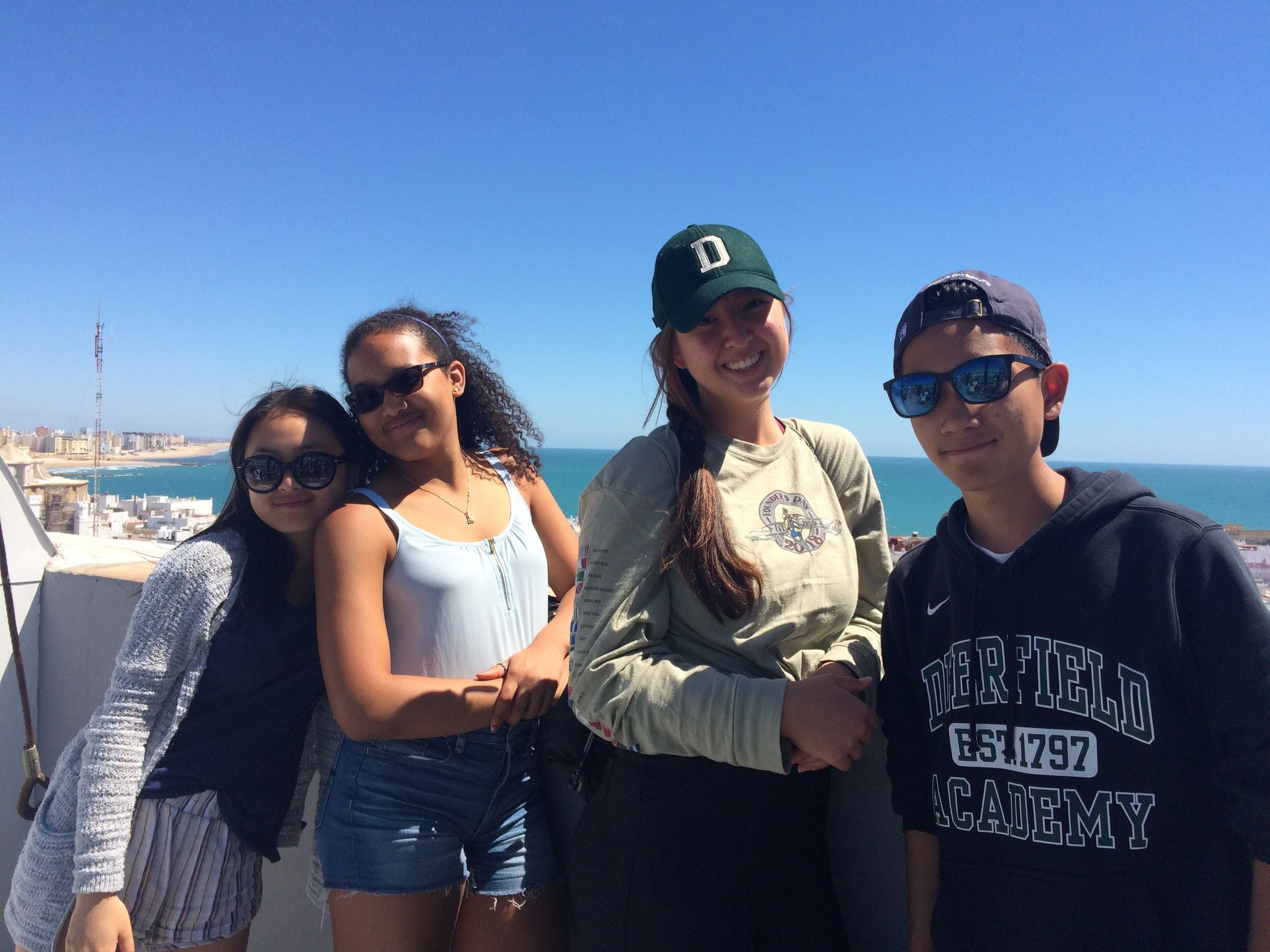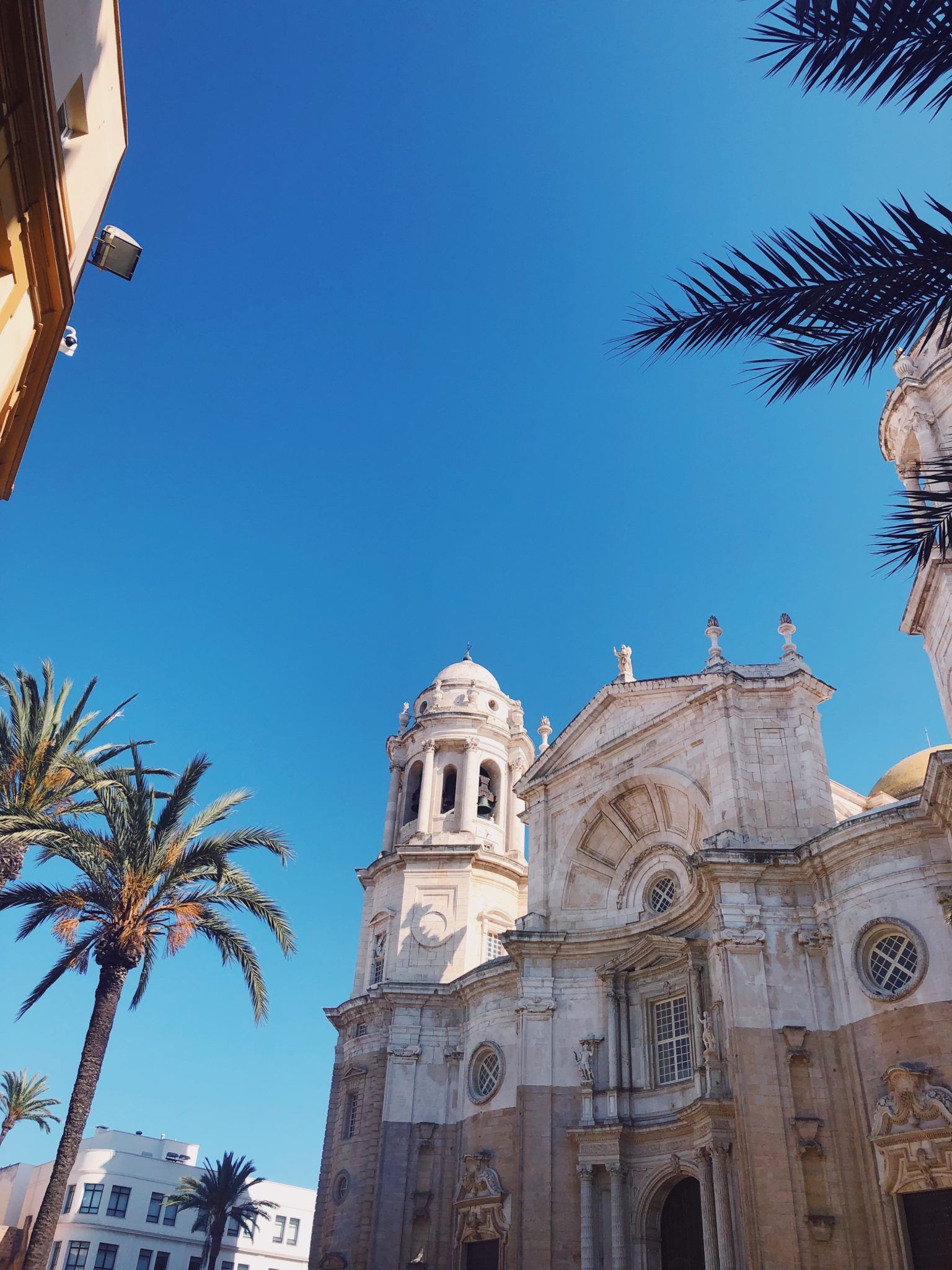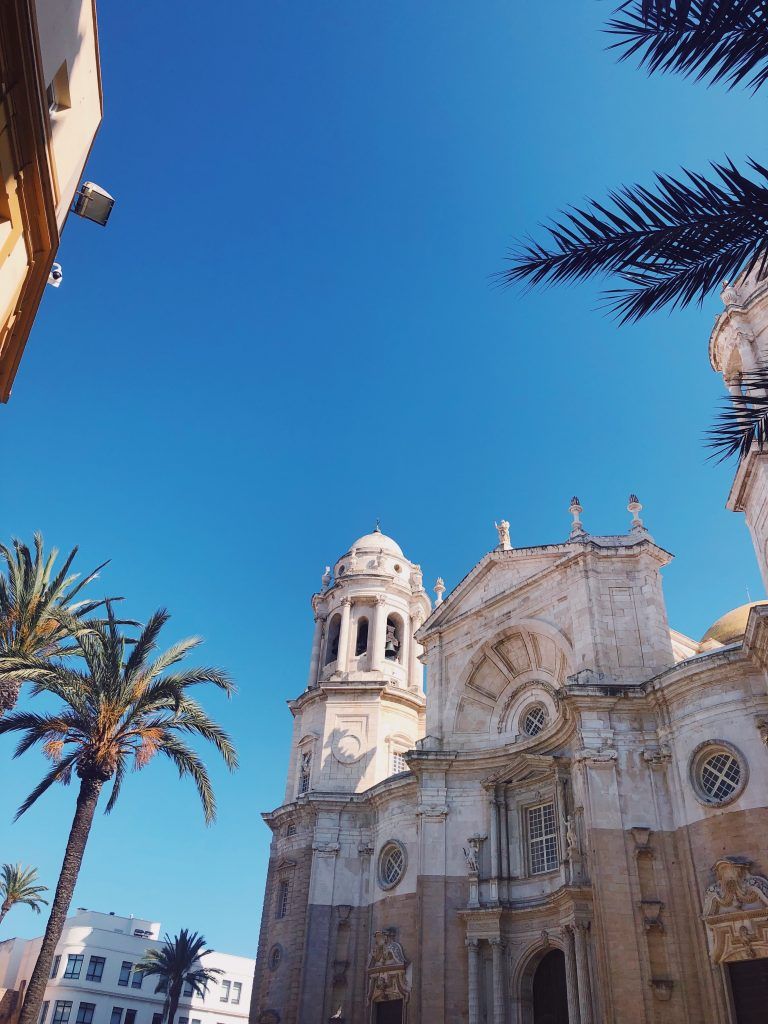Jing He ’21 reflects on the rewards of living with a host family and getting to experience Spanish culture.
I had one goal for this summer: go abroad. (My sub-goal was to secure a warm location that was conducive to tanning and it is with great pleasure that I say, it was fulfilled). Though I am not sure where this exact feeling stems from, I envy people that had gone on the Spain trip. Their return always made me wonder what it is that changed them: is it the way they carried conversations? More fluency and accurate pronunciations? Time to practice the language? Some sort of enlightenment that only those who went would know?
I have been taking Spanish for four years now, though recently, I feel as if I have hit a learning plateau. That is in no way to say that the Deerfield’s curriculum is not challenging: my grammatical and comprehension skills have grown tremendously throughout the years. Instead, it is the fact that my experience with the language has always been confined within the four walls of a classroom. Cadiz was what brought me out of it.
For me, one of the most rewarding experiences is living with my host family. Because of the language barrier aside, we have so many things to share with each other. I came to learn that Alberto, despite being the jokester of the family, is a brilliant man. He can carry conversations of all kinds, from the geography of Spain to explaining something as complex as politics to Samara and I (and most importantly, how to eat bread the right way). Maribel, on the other hand, balances the power couple dynamic out with her motherly figure. I find that I can always come to her for advice, from how to deal with the nerve-wracking feeling when grades were released, to places where Samara and I can find the best churros.
I also saw how my host family live their day to day: Alberto goes out every day to buy freshly baked bread, Maribel has her dinner every night at 9 pm, and the cutest grandchildren of all time, Hector and Alma, brings them flowers on their way home from school. While these things may seem insignificant to me two weeks ago, it is something routine to them and details that have brought us closer.
During these two weeks, I have also realized things about myself: I tend to conjugate and speak more eloquently earlier in the day and less at night. This, however, did not interfere with our conversations. My host parents made me realize that the misconjugation of a verb or an imperfect sentence structure is not the end of the world.
Confidence and spontaneity are definitely two words that describe this trip. This past Wednesday, we learned to dance Flamenco. Even the small glimpse into the dance in the short hour was an equally incredible and chilling experience. I still remember the performance the week before: what struck me was the power and the way she stomped her feet to the beat; flamenco gives you a means to take control of your feelings and express yourself in ways that words fall short—just like the words to describe my experience with flamenco are so hard to come by.


Cadiz is simply an amazing city. Sure, the pigeons here sometimes make me a question which one of us is the superior species, but there are so many things that made it worth it. From siestas after lunch to spontaneous conversations, I came to realize: ultimately, it’s everything that we learn from the experience, rather than the outcome, that makes it unique.


